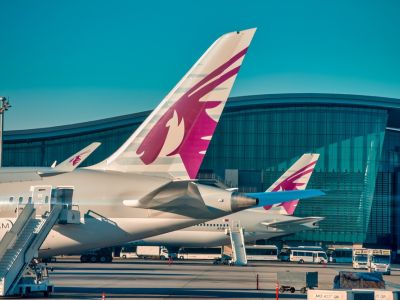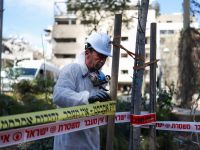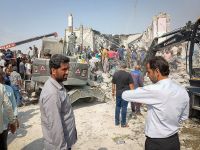Afghan forces have killed a top Al-Qaeda figure wanted by the United States, as the government on Sunday accused the Taliban of still keeping close ties with the Islamist militant group.
Abu Muhsin al-Masri, an Egyptian national believed to be the group’s number two in the Indian sub-continent, was targeted in eastern Ghazni province, Afghanistan’s intelligence agency said in a statement.
The National Directorate of Security did not provide further details about the operation or when it was carried out.
Masri’s killing was an indication of the relationship between the Taliban and Al-Qaeda, Afghanistan’s Interior Minister Masoud Andarabi claimed on Sunday without providing details.
“The killing of one of the key Al-Qaeda members, al-Masri by the National Directorate of Security demonstrates close ties of the Taliban with the terrorist groups that are operating against the Afghan government and its people,” he tweeted.
“They still keep close relations with the terrorist groups and they are lying to different sides.”
The Taliban’s sheltering of Al-Qaeda was the original reason for the US invasion of Afghanistan after the September 11, 2001 attacks.
In a landmark deal with the United States in February, the Taliban agreed to not allow Afghan soil to be used by foreign extremists including Al-Qaeda, in return for Washington withdrawing its troops from the country.
Masri, who also goes by the name Husam Abd-al-Ra’uf, is on the FBI’s Most Wanted Terrorists list.
A US warrant for his arrest was issued in December 2018 after he was charged with providing support and resources to a foreign terrorist organisation and plotting to kill US nationals, according to the FBI.
A source at the Afghan intelligence agency, who did not want to be named, told AFP that an aide to Masri who was “in contact with the Taliban” was also detained during the operation in Ghazni province, a volatile region where Taliban fighters are very active.
Pakistan-based analyst Rahimullah Yousufzai, who previously interviewed Al-Qaeda founder Osama bin Laden, said Masri’s killing showed that these extremist leaders still existed.
“This incident shows that Al-Qaeda’s men are few and far between, but they are still there,” he told AFP.
Masri was from the second tier of Al-Qaeda which kept him largely unknown, according to a source with a jihadist group based at an unknown location in Pakistan.
Meanwhile, the death toll from a bomb blast claimed by the Islamic State (ISIS) terrorist group at a higher education centre in Kabul rose to 24 on Sunday — most of them students.
Interior Ministry spokesman Tariq Arian said another 57 people had been wounded in Saturday’s attack in a western district of the capital.
Students were seen on Sunday morning salvaging books from nearby accommodation that was damaged by the blast.
The explosion happened when about 800 students were studying at the centre.
Residents in several districts of western Kabul belong to the minority Shia Hazara community, and are often targeted by ISIS.
This article has been adapted from its original source.









